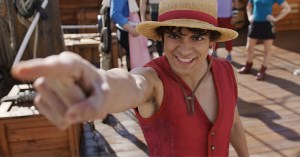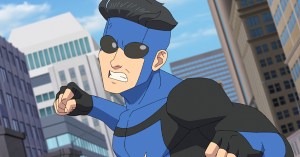Blade Runner as Scott Intended on DVD
Warner Bros to release Blade Runner: The Final Cut DVD
This winter, Warner bros is set to release a DVD box set of this box office Prometheus that rivals all other special editions and will keep the fans drooling until it’s on shelves this December 18th. Presenting the film in HD formats, the DVD collection will come in a briefcase with, a three-hour documentary and (count them) five different versions of the film, including Ridley Scott‘s dark “work print.”
The ultimate version of Blade Runner was screened for the first time by Christopher Nolan at UCLA in 2003, and now is set to see a brief theatrical re-release in select cities including New York and Los Angeles and will also play at the Venice Film Festival.

Scott risked a lot for Blade Runner. His noir adaptation of Phillip K. Dick’s dystopian sci-fi novel Do Androids Dream of Electric Sheep?, was an shadowy and overcast view of the future. As a result, test audiences either didn’t like it or (more commonly) didn’t get it. When a completion bond prohibited Ridley Scott from the editing bay, the studio decided to clarify the film with a voice over and lighten it up with a tacked on romantic conclusion.
In 1991, a repertory screening hosted the film and Warner accidentally sent Scott’s “work print” to the event. The film became a word of mouth smash almost overnight and the studio invited Scott back to re-edit his “work print” for re-release. Scott was too busy finishing Thelma and Louise and beginning 1492, so he asked preservationist Michael Arick to work with him on an edit that would reinstall the unicorn dream, omit Ford’s deliberately poor voice over, and hack off the studio’s happy ending. Though this cut didn’t bear Scott’s seal, it was packaged in VHS as the “director’s cut.”
In 2000, talks began for a definitive cut of Blade Runner. For the cut to finally please the director (and countless fans), they’re including the unicorn dream, re-shooting the Snake Shop scene, and adding elements culled by the final cut’s producer Charles de Lauzirika from 977 different prints.
Source: Variety





